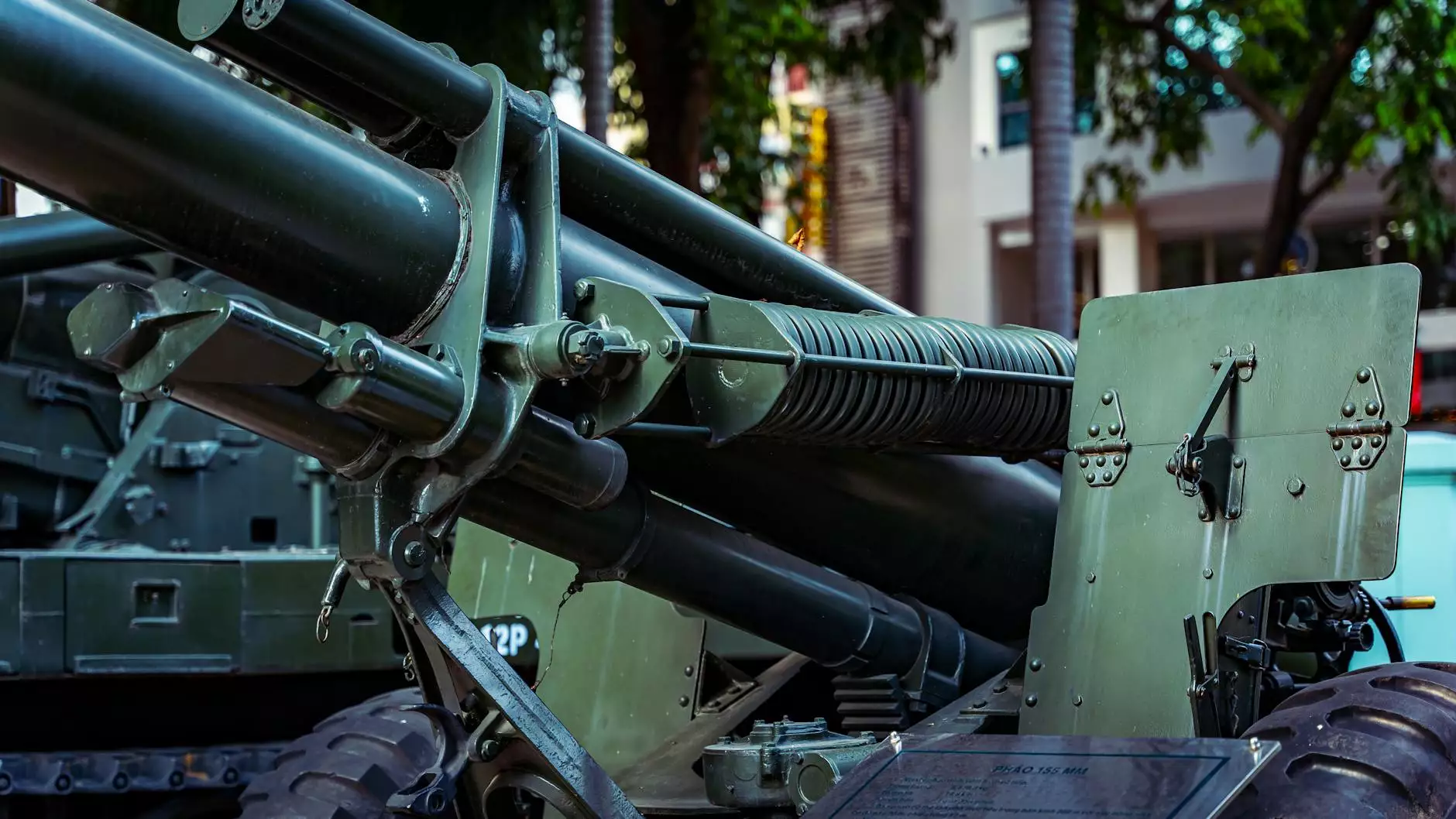The Viscosity of Water in cp: A Comprehensive Guide for Engineers

In the realm of engineering and fluid mechanics, understanding the viscosity of water is crucial for numerous applications. The term "viscosity" refers to the measure of a fluid's resistance to flow, and it plays a pivotal role in various engineering disciplines, especially in auto repair, farm equipment repair, and structural engineering. This article delves deep into the concept of viscosity, particularly focusing on the viscosity of water measured in centipoise (cp), and its implications across different fields.
What is Viscosity?
Viscosity is a fundamental property of fluids that describes how thick or thin a fluid is. It is a measure of the internal friction within the fluid, which affects how it flows. In simpler terms, a fluid with high viscosity (such as honey) flows more slowly than a fluid with low viscosity (like water).
The Viscosity of Water
At standard temperature and pressure conditions (approximately 20°C or 68°F), the viscosity of water is about 1 centipoise (cp). This value can change with temperature – as the temperature increases, the viscosity of water decreases, allowing it to flow more freely.
Why Measure Viscosity in Centipoise?
Centipoise (cp) is a convenient unit commonly used in various industries to express viscosity. One centipoise is defined as one millipascal second (mPa·s) in the SI system. This measurement makes it easier for engineers to communicate fluid properties effectively.
Applications of Water Viscosity in Various Industries
1. Auto Repair
In the automotive industry, the viscosity of engine oils and lubricants is critical. Engine oils must have the right viscosity to ensure proper lubrication, reduce friction, and prevent engine wear. Although engine oils are not water, they must sometimes be mixed with water for cooling systems. Understanding the viscosity of water in cp helps engineers design better cooling systems that effectively dissipate heat from engine components.
2. Farm Equipment Repair
In agricultural machinery, the viscosity of fluids plays a significant role in the functionality of hydraulic systems. Hydraulics utilize fluids to transmit power, and their efficiency is directly impacted by viscosity. For seamless operation, engineers must select hydraulic fluids that maintain optimal viscosity across varying temperatures and operational conditions. Here, the knowledge of water's viscosity can also inform decisions about coolant mixtures, ensuring that equipment operates efficiently without overheating.
3. Structural Engineering
While viscosity may seem less relevant in structural engineering, it is imperative in understanding the behavior of water in soil mechanics and drainage systems. Engineers must consider the viscosity of groundwater when analyzing soil stability and designing retaining structures. Furthermore, the movement of water in porous materials can influence the structural integrity of buildings and infrastructures, leading to considerations regarding water's viscosity in construction.
Factors Affecting the Viscosity of Water
Several factors impact the viscosity of water:
- Temperature: As mentioned earlier, increasing the temperature reduces the viscosity of water.
- Impurities: Dissolved substances and impurities can alter the viscosity of water, making it thicker or thinner.
- Pressure: Increasing pressure also affects viscosity, although its impact on water is less pronounced than temperature changes.
Viscosity Measurement Techniques
Accurately measuring viscosity is vital in engineering applications. Various techniques are employed:
- Capillary Viscometers: These devices measure the time it takes for a fluid to flow through a narrow tube.
- Rotational Viscometers: These devices assess viscosity based on a rotating spindle in the fluid.
- Oscillating Viscometers: This method measures the fluid's response to oscillating movement, providing accurate viscosity readings.
Practical Applications of Viscosity Knowledge
Understanding the viscosity of water and its units of measurement is not only essential for engineers but also for various industries that rely on fluid dynamics. Here are some practical applications where engineers can benefit significantly:
- Design of Pumps: Knowledge of water viscosity allows for optimal pump selection and design, ensuring efficient fluid transfer.
- Mixing Processes: In chemical engineering, viscosity plays a crucial role in mixing processes, influencing the stability and quality of the final product.
- Treatment of Wastewater: Understanding water viscosity aids in designing systems for efficient wastewater treatment and management.
Conclusion
The viscosity of water in cp is an essential concept that impacts various engineering disciplines, from auto repair to farm equipment and structural engineering. By grasping the intricacies of viscosity and its influencing factors, engineers can enhance system designs, improve operational efficiency, and ensure better performance across applications. As industry standards continue to evolve, the understanding of fluid dynamics will remain a cornerstone of effective engineering practices.
Further Reading and Resources
For those interested in exploring viscosity and fluid mechanics further, consider the following resources:
- Engineering Toolbox - Viscosity of Water
- ScienceDirect - Viscosity in Engineering
- Thermopedia - Viscosity of Liquids
Understanding and applying the knowledge about the viscosity of water is an invaluable asset in any engineer's toolkit, influencing everything from design to application, and ultimately contributing to the reliable performance of systems that we often take for granted. For expert insights tailored to specific needs in the auto repair, farm equipment repair, and structural engineering sectors, visit michael-smith-engineers.co.uk.









